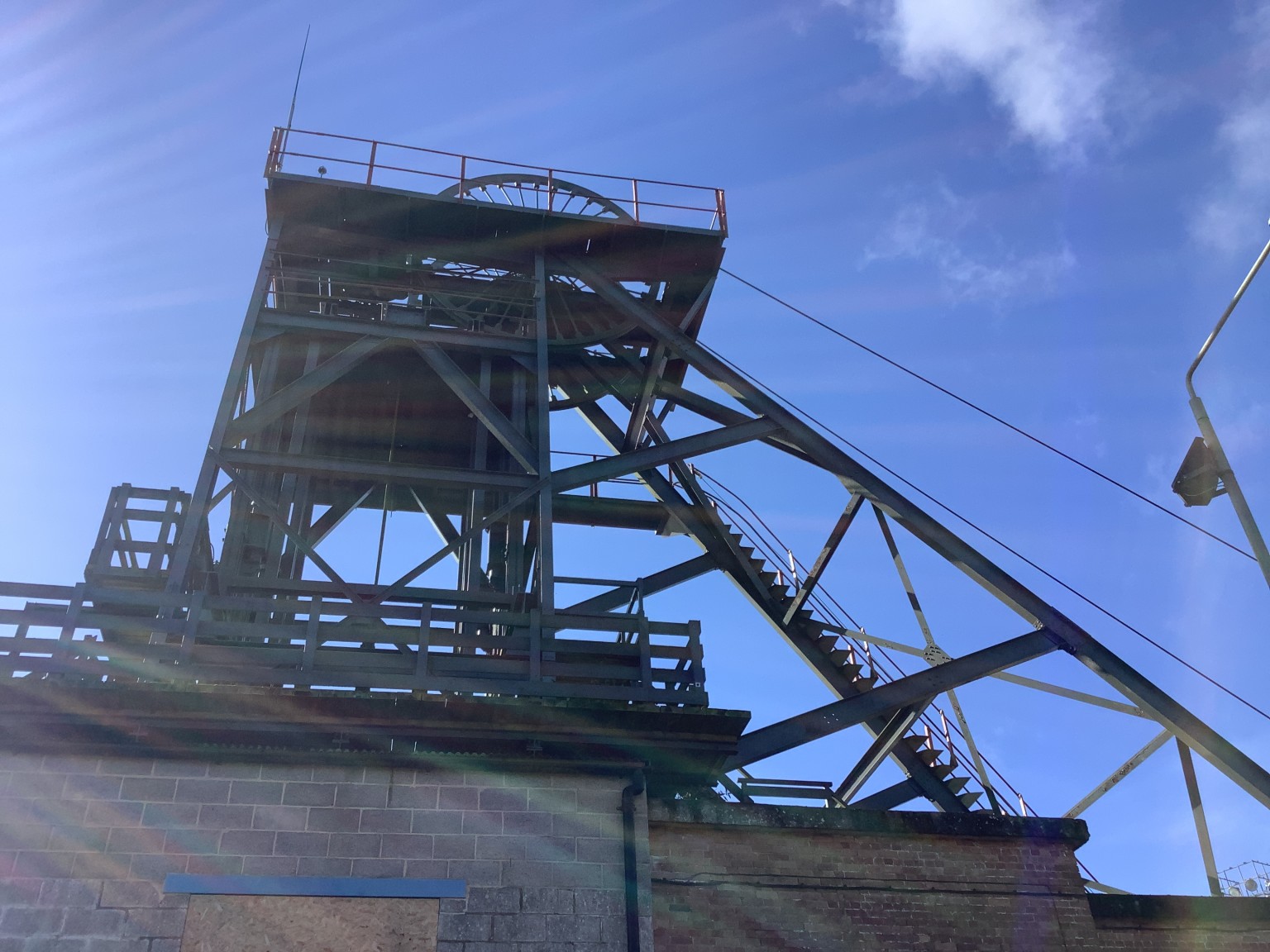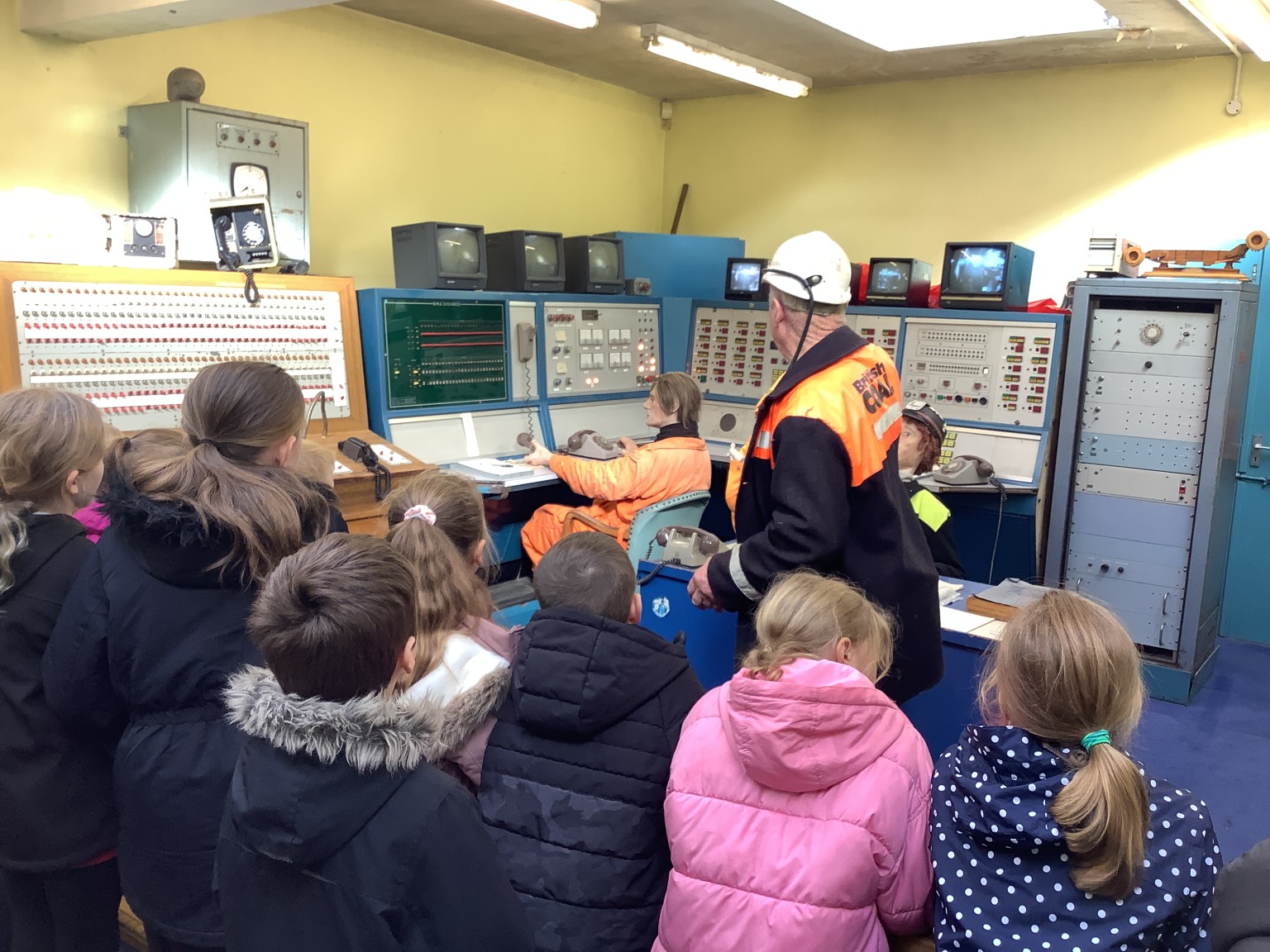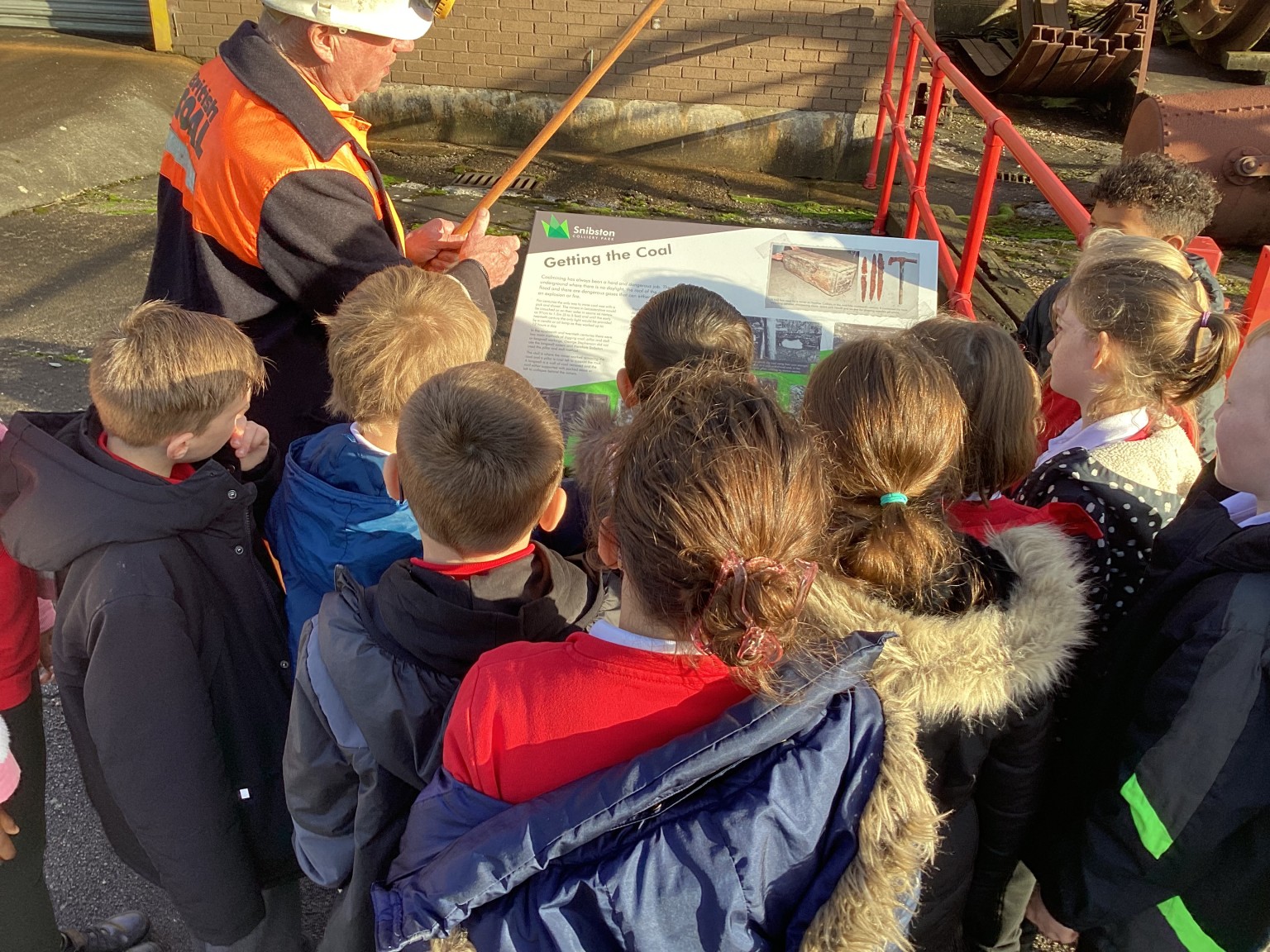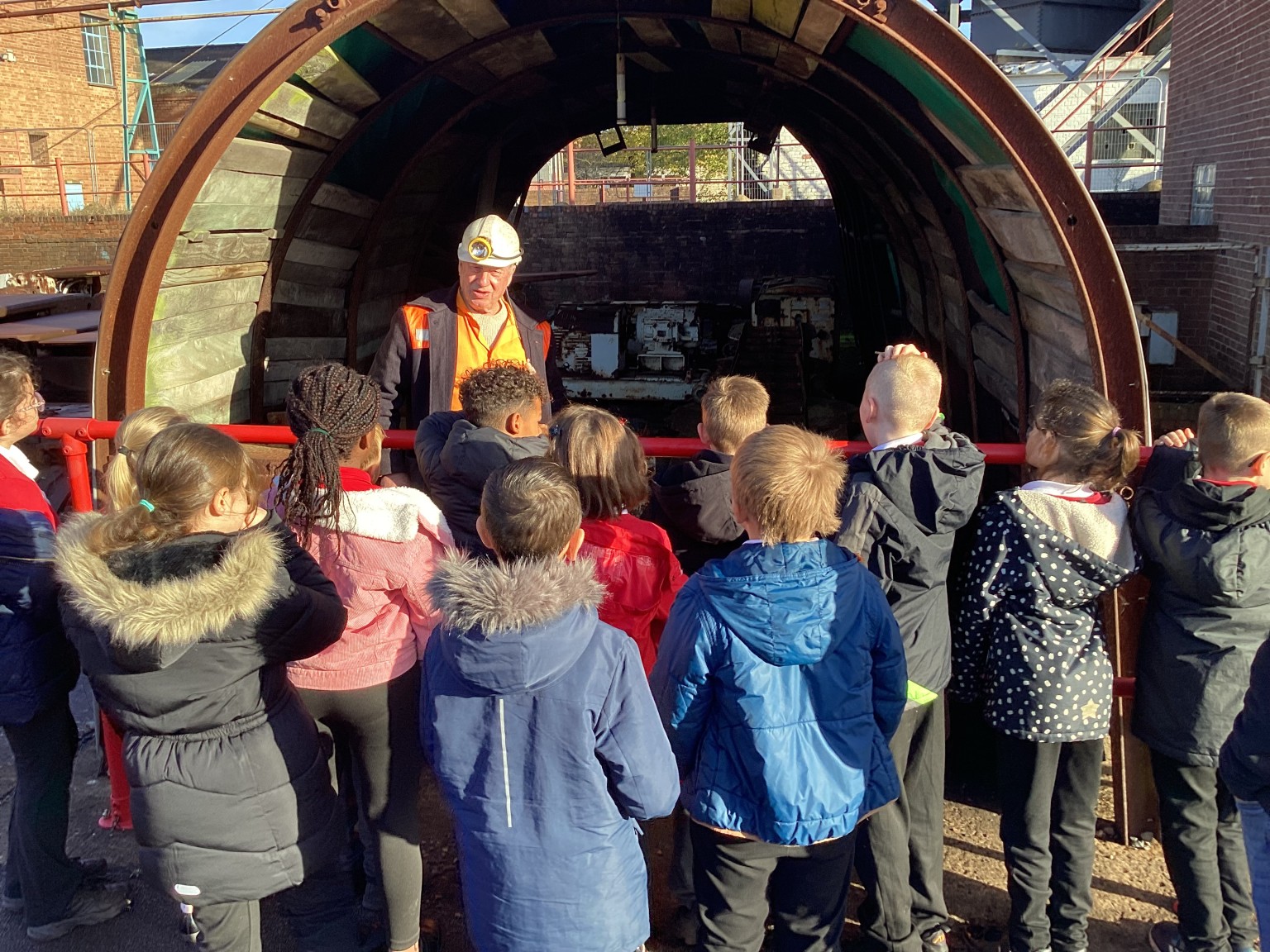At Thringstone Primary School, we value History as a way of helping pupils gain a coherent knowledge and understanding of Britain’s past and that of the wider world. Our History curriculum aims to inspire pupils’ curiosity to know more about the past, not only to enrich their knowledge of a bygone era but so they are more equipped to change society for a better future. Teaching will aim to equip pupils with the ability to ask perceptive questions, think critically, weigh evidence, sift arguments, and develop perspective and judgement. Like other subjects in school, the teaching and learning in History will aim to develop children’s cultural, emotional, intellectual, social and spiritual awareness.
How is the Subject Taught at Thringstone Primary School?
At Thrinsgtone, History is divided into four strands, British History, Ancient Civilisations and Local History and Significant People. KS1 children focus on Local History, Significant People and British History. These are taught through themes’ outlined on our Long Term Plans. In KS2, the children will be taught an aspect of history from British History, Ancient Civilisations and Local History. Each strand will start from the earliest history and then progress in chronological order through the Key Stage.
The three areas of learning that pupils’ study through both key stages are:
- Historical Understanding
- Historical Enquiry
- Periods in History
EYFS
History is delivered through, ‘Understanding the World.’ Children use personal timelines to explore their families and how they’ve changed. They discuss and observe changes over time by exploring plants. By looking at transport and toys, children also investigate changes in history: how things differ today from what they were like in the past.
KS1
Pupils will learn to have an awareness of the past, using common words and phrases relating to the passing of time. They will learn where the people and events they study fit within a chronological framework and identify similarities and differences between ways of life in different periods. They will learn to use a wide vocabulary of everyday historical terms. They will be taught to ask and answer questions, choosing and using parts of stories and other sources to show that they know and understand key features of events. They should understand some of the ways in which we find out about the past and identify different ways in which it is represented.
Pupils will be taught about:
- changes within living memory. Where appropriate, these should be used to reveal aspects of change in national life.
- events beyond living memory that are significant nationally or globally. For example, the Great Fire of London, the Moon Landing or events commemorated through festivals or anniversaries.
- the lives of significant individuals in the past who have contributed to national and international achievements. Some will be used to compare aspects of life in different periods. For example, Mae Jemison and Neil Armstrong.
- significant historical events, people and places in their own locality.
KS2
Pupils will continue to develop a chronologically secure knowledge and understanding of British, local and world history. They will note connections, contrasts and trends over time and develop the appropriate use of historical terms. They will regularly address and sometimes devise historically valid questions about change, cause, similarity and difference, and significance. They will construct informed responses that involve thoughtful selection and organisation of relevant historical information. At Thringstone, staff will aim to help pupils understand how our knowledge of the past is constructed from a range of sources.
Pupils will be taught about:
- changes in Britain from the Stone Age to the Iron Age
- the Roman Empire and its impact on Britain and Leicester
- Britain’s settlement by Anglo-Saxons and Scots
- the Viking and Anglo-Saxon struggle for the Kingdom of England to the time of Edward the Confessor
- local history studies
- a study of an aspect or theme in British history that extends pupils’ chronological knowledge beyond 1066 e.g. The World Wars
- the achievements of the earliest civilizations – an overview of where and when the first civilizations appeared and a depth study of Ancient Egypt.
- Ancient Greece – a study of Greek life and achievements and their influence on the western world
- a non-European society that provides contrasts with British history: Mayan civilization c. AD 900




